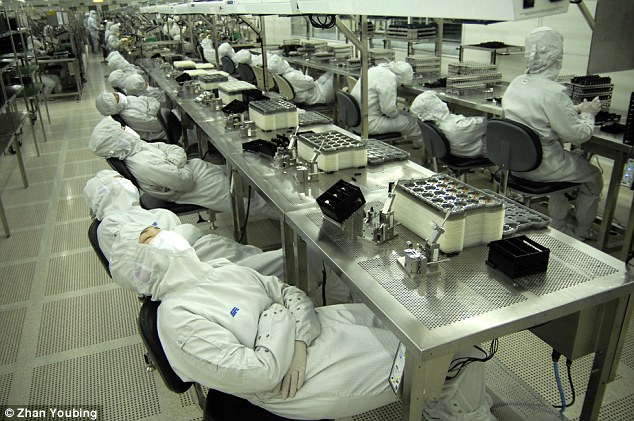
The WSJ reported this week that Chinese courts are invalidating patents owned by Western companies in fields considered crucial for the nation. The publication quoted US and EU officials who once more charged Beijing with stealing Western technologies.
The officials assert that Beijing is violating international intellectual property rights while assisting Chinese enterprises by utilizing its courts and patent panels. They note that the efforts are concentrated on sectors crucial to the country, such as technology, medicines, and rare-earth minerals.
The media site claims that a Chinese court invalidated a ten-year-old patent held by a US manufacturer of X-ray equipment, while a Shanghai court ruled against an unidentified Spanish designer of mobile antennas.
According to reports, a Chinese court found that a Japanese company violated antitrust rules when it refused to provide a Chinese rival a technological license.
The rivalry between the US and China for economic and technical supremacy is the main source of the conflict. A rising number of limitations have been imposed by the US on China’s technical industry. Washington restricted the transfer of chips to China in October.
China, for its part, has charged its adversary with politicking science and technology to preserve American dominance in such fields. US has charged China of stealing US technology and using them improperly for military purposes.
RELATED ARTICLES
- Bible Banned! Shocking New Laws in South Dakota and Georgia
- Hungary Becomes First EU Country to Congratulate Putin for Winning the 'Elections'
- EU to use Russian assets to buy arms for Ukraine
- Russian Ambassador to Washington calls USA "terrorist state", says Conquering of Ukraine will Weaken USA
- SHOCK! Hungary's PM Calls for Violence in EU capital Brussels Against EU Leaders












When China joined the WTO, it ratified (among others) the Agreement on Trade-Related Aspects of Intellectual Property Rights (TRIPS). By reference, it also incorporates a number of other provisions, such as the Paris Convention for the Protection of Industrial Property.
The bottom line: China does not respect intellectual property. This was already known 30 years ago, and it hasn’t changed today. That does not mean, however, that it should be able to get away with incorporating stolen intellectual property into domestically developed products, and then turn around and sell them on the global market.
In other words, the correct response is to challenge every IP “invalidation” in a WTO arbitration court and on the basis of compliance with existing IP-related agreements, while in addition also monitoring and pursuing legal challenges in any country where the sale of infringing products is attempted. Although this probably won’t catch every single infringement attempt, but it should curb at least the most egregious violations (for example, selling a device that performs media encoding using the HEVC codec, without a requisite license/licenses).